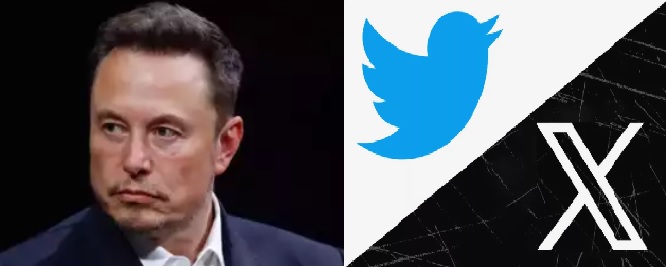New Delhi: X, the social media platform owned by Elon Musk and formerly known as Twitter, announced on Thursday that it has been directed by the Indian government to block certain accounts and their posts. Despite complying with these directives, X expressed disagreement with the government's orders, emphasizing its commitment to freedom of expression. The platform's stance was detailed in a post by X's Global Government Affairs, highlighting the tension between government directives and digital free speech.

The platform received executive orders from the Indian government, demanding action against specific accounts and posts, with non-compliance threatening severe penalties, including hefty fines and possible imprisonment. X complied by withholding the specified content but took a stand by voicing its disagreement with the government's orders.
In an effort to maintain transparency and uphold its policy of notifying impacted users, X has informed those affected by the withholding actions. The company also pointed out the challenges it faces in making the executive orders public due to legal constraints, but it underscored the importance of transparency for preventing arbitrary decision-making and ensuring accountability.
This dispute is part of a larger contention between X and the Indian government regarding content moderation. In 2022, X challenged the government's content removal requests, arguing that they did not meet the criteria outlined in Section 69A of the IT Act. However, the Karnataka High Court dismissed the platform's petition in 2023, imposing a Rs 50 lakh fine on the company for its conduct.
Further complicating matters, X has requested access to the Review Committee's decisions, highlighting inconsistencies where the government initially ordered the blocking of certain accounts but later reversed its decision in at least 10 instances. This ongoing legal battle underscores the complex relationship between social media platforms and government regulation.
The backdrop to this legal struggle includes the Indian government's recent actions to block approximately 177 social media accounts and web links related to the farmers' protest, affecting platforms such as Facebook, Instagram, X, Snapchat, and others. This move by the Centre underscores the growing tensions between social media companies and government bodies over content control and freedom of expression.


